Discover the latest in health research on our Research page, where we provide access to studies and findings that inform integrative and holistic approaches to wellness. Stay updated on cutting-edge science and explore evidence-based insights that support your health decisions.
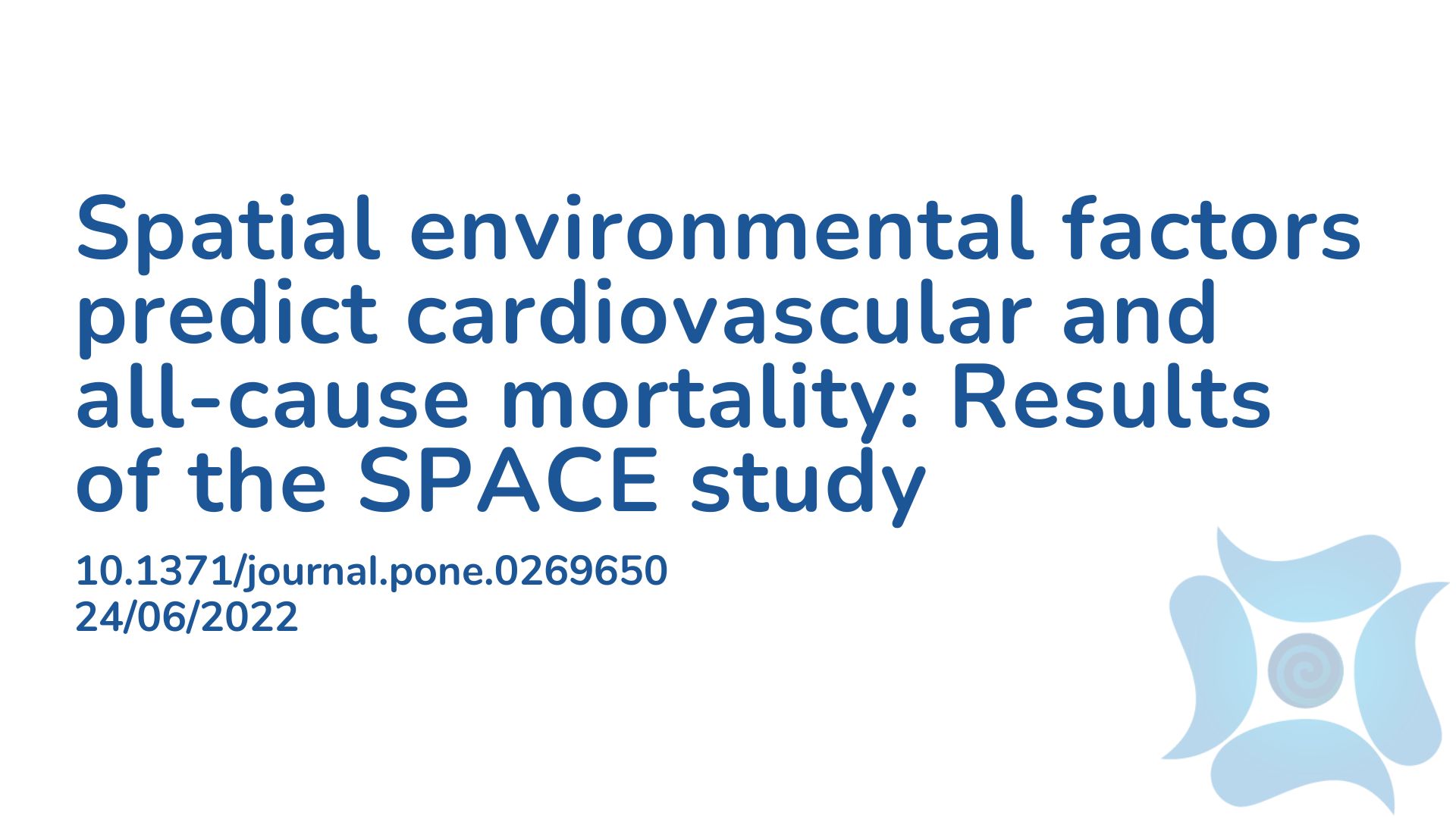
This paper aimed to look at environmental risk factors of cardiovascular disease, such as air pollution, indoor fuel use without proper ventilation such as a chimney and proximity to traffic. The study concluded that along with diabetes, smoking and high blood pressure, these environmental factors are…
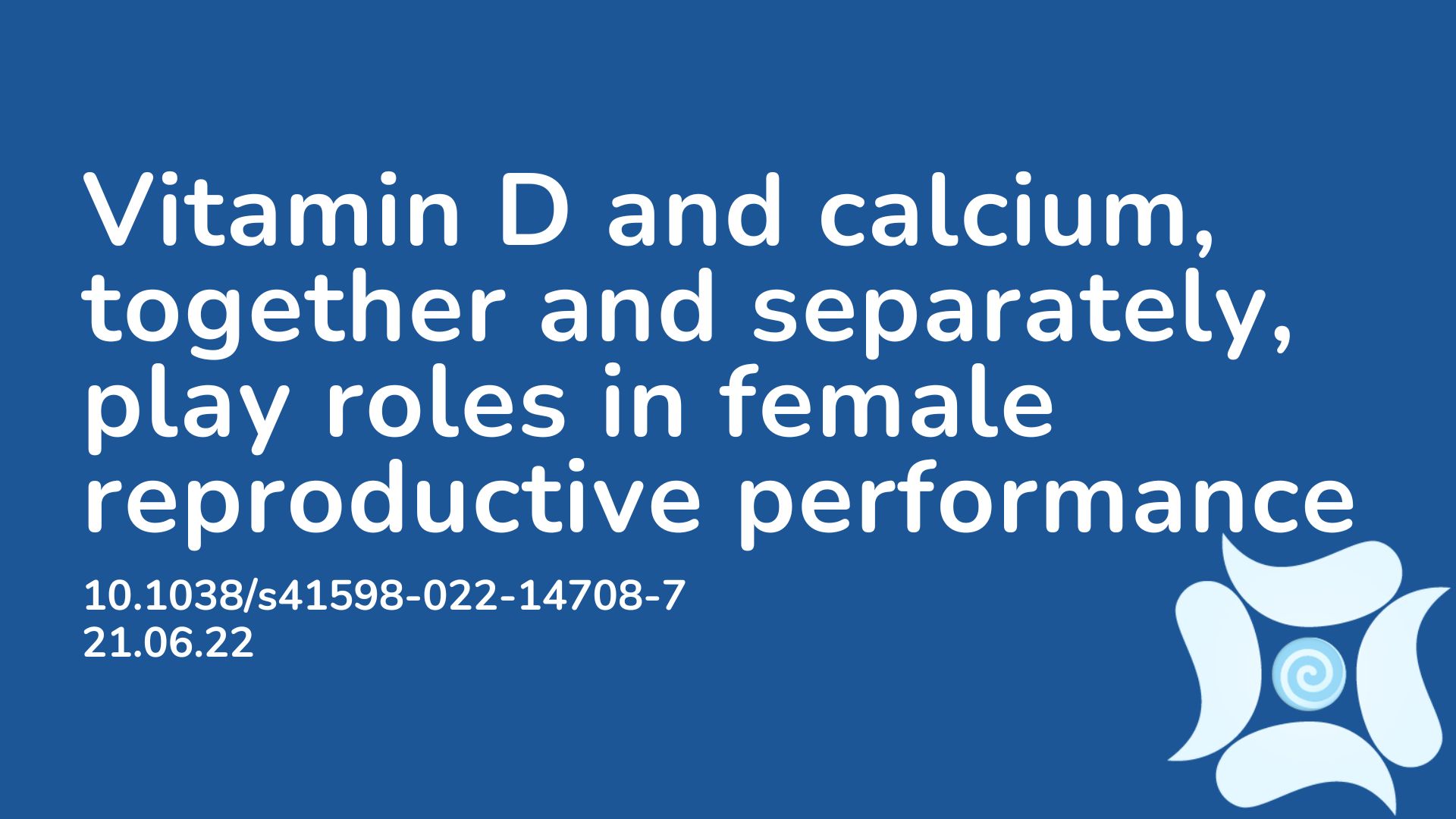
Vitamin D is an essential nutrient that plays a major role in the immune and skeletal system and the function of many organs. Vitamin D deficiency is common, affecting approximately 50% of people globally and is a major public health concern. A deficiency in vitamin D is known to be associated with…
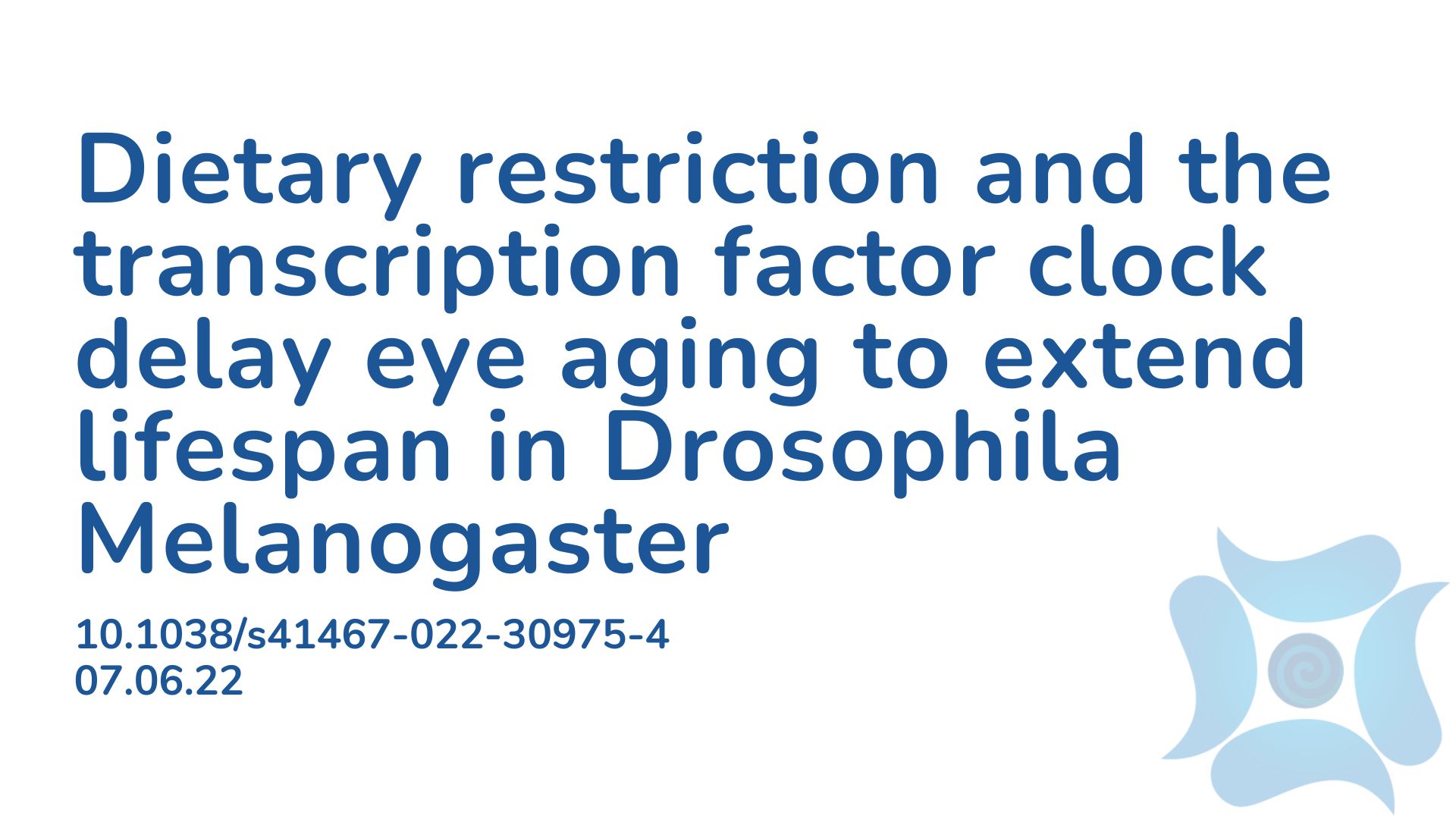
Declines in function of the circadian rhythm is one of the most observed hallmarks of aging across animal and human lifeforms and is associated with negative health consequences. Based on research on fruit flies, this study has explored correlations between circadian rhythms and lifespan, but also how diet…
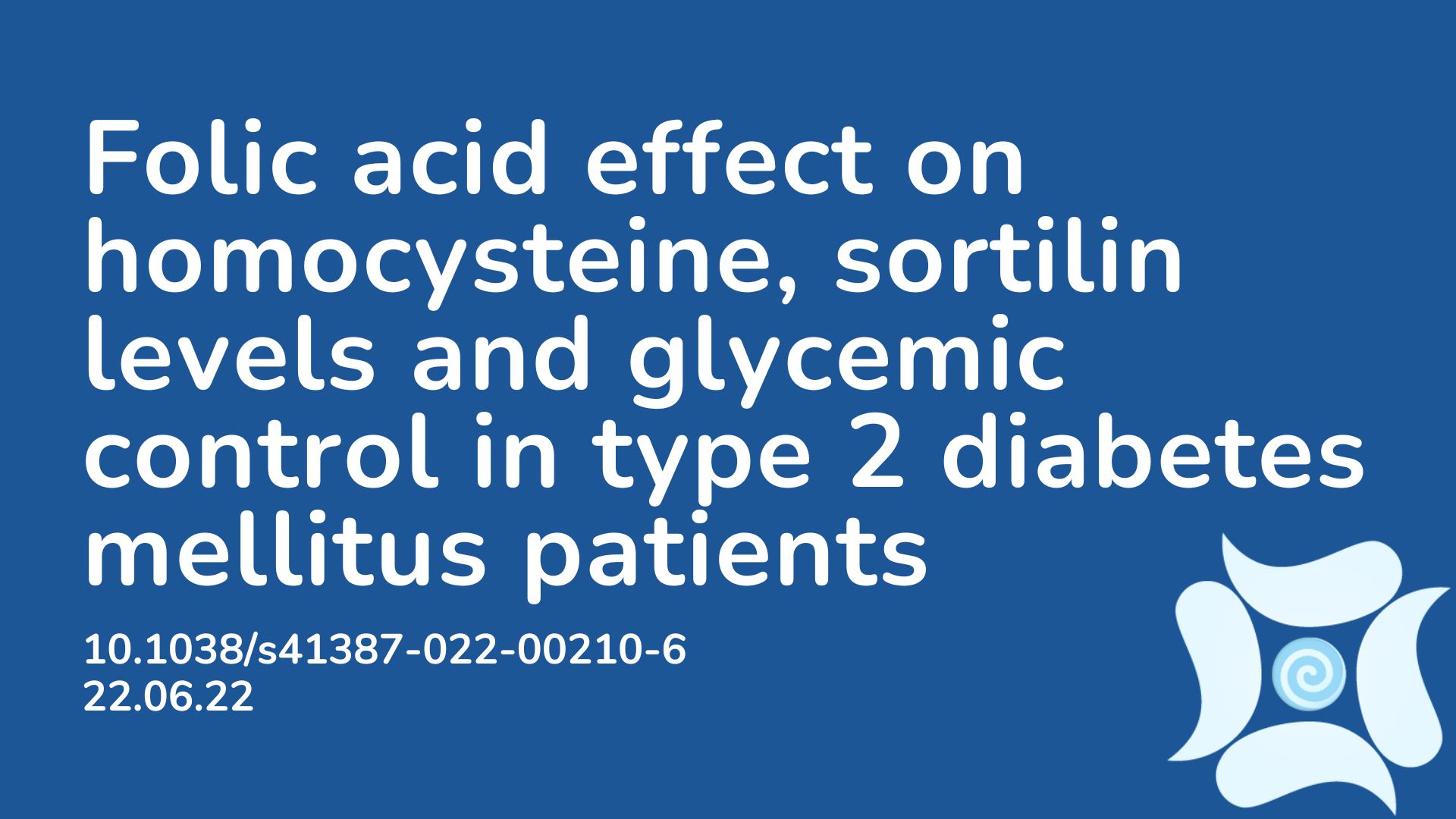
This paper is a randomised controlled double-blind clinical trial conducted on 100 patients with type 2 diabetes aged between 45 and 75. The study aimed to examine the effect of oral folic acid supplementation for 12 weeks on levels of serum homocysteine, glycemic control, lipid profiles and other markers…
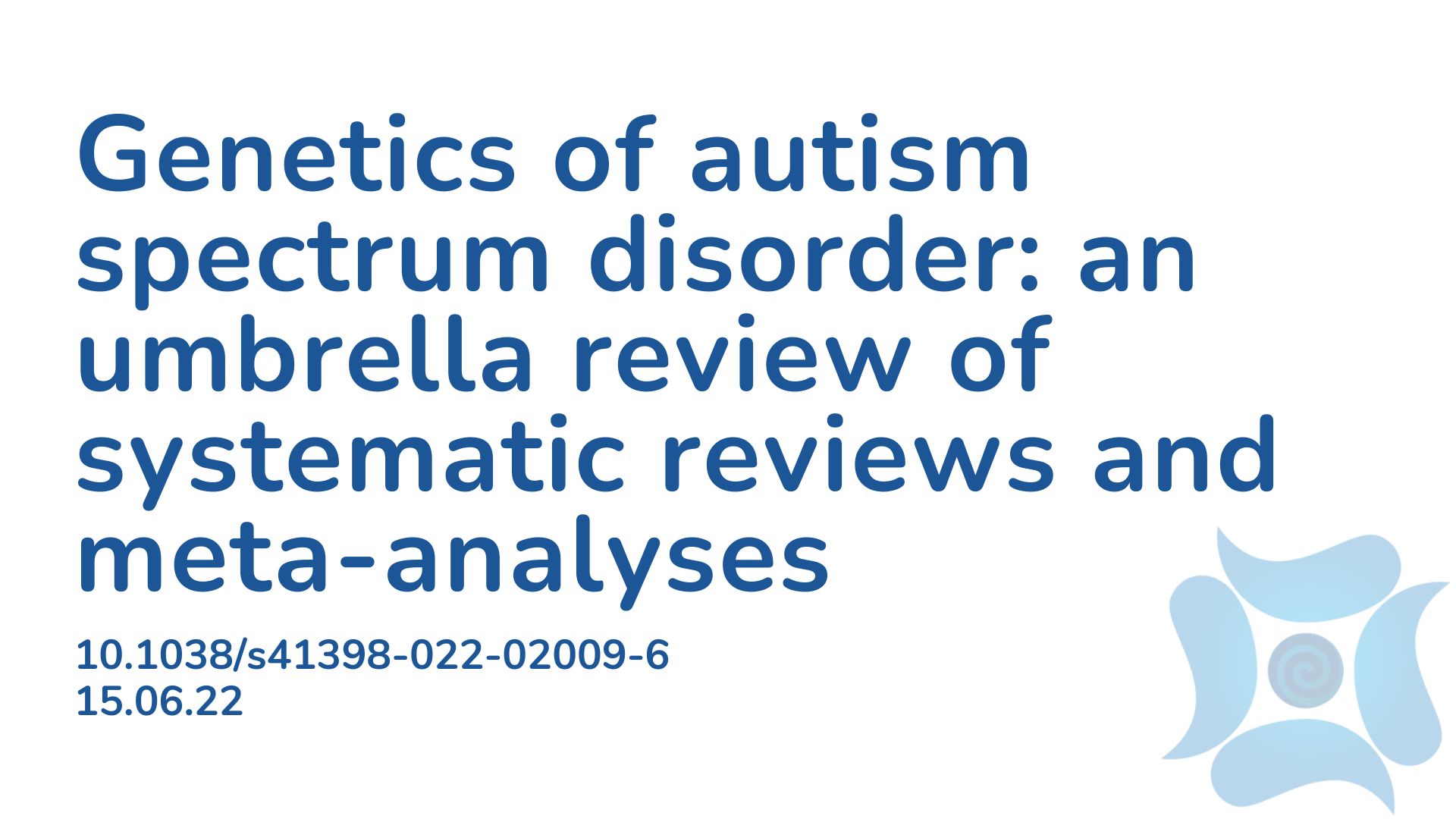
Autism spectrum disorder (ASD) is an early-onset neurodevelopmental condition distinguished by impairments with social interaction, communication disruption and repetitive behaviours. There have been many studies assessing the association between genetic variants and ASD risk however most of these studies…
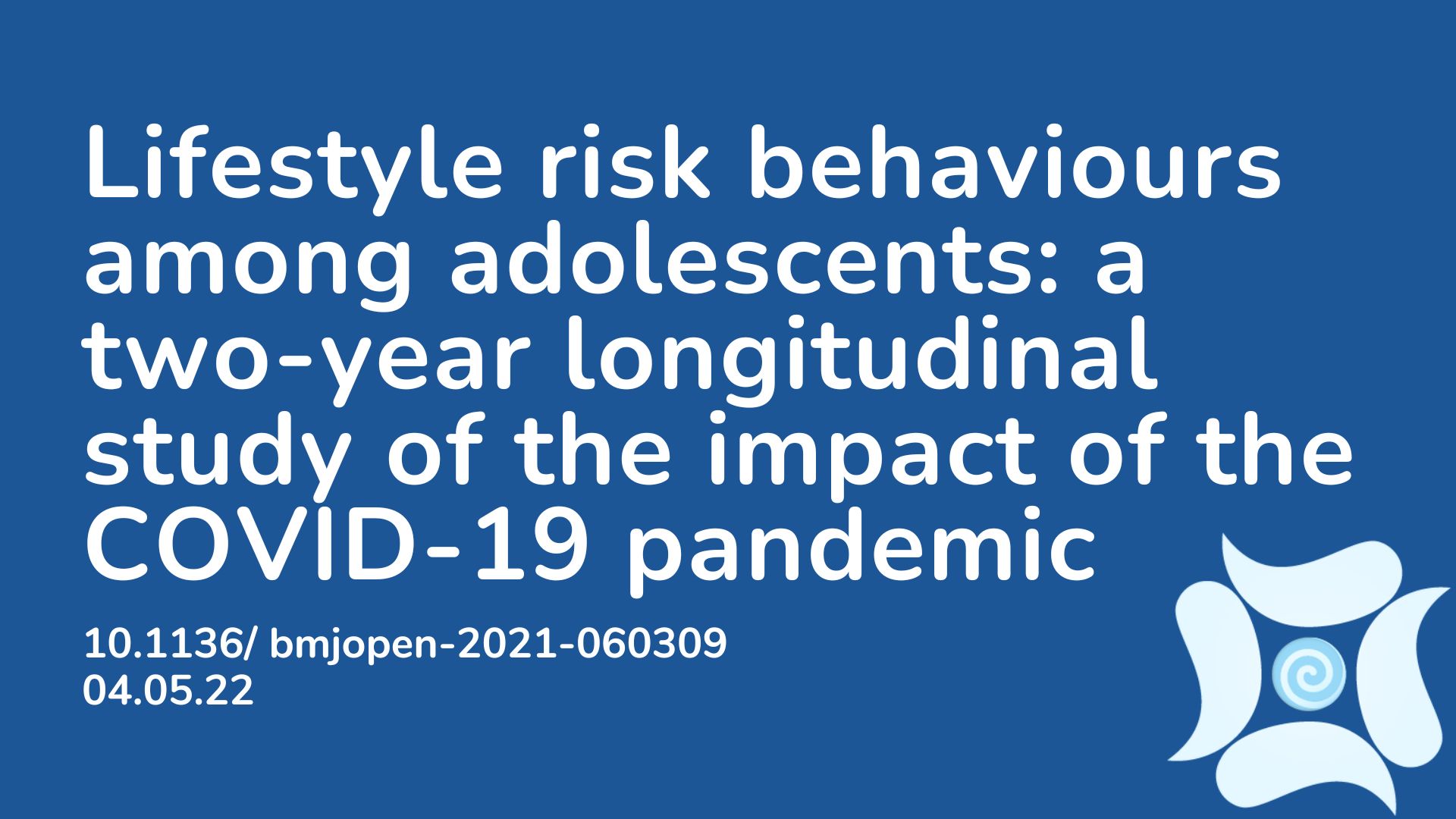
Whilst mortality and morbidity related to COVID-19 has typically been higher among adults compared with adolescents, lockdowns, restrictions and school closures have presented risk factors of its own to adolescent health. The objective of this prospective cohort study was to examine dietary and lifestyle changes…
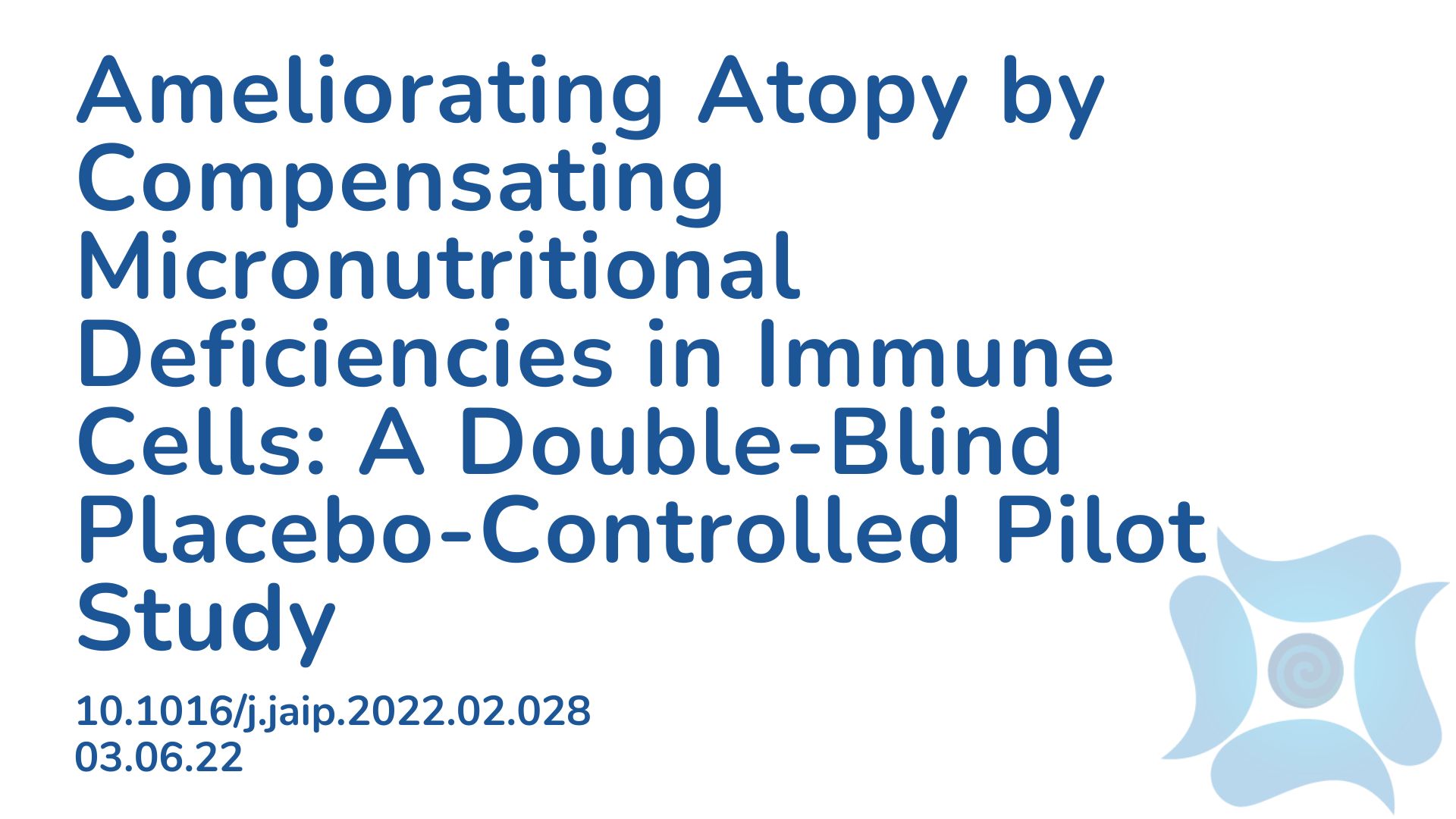
Currently, antihistamine medications and specific allergen immunotherapy is thought to be the only option for alleviating symptoms of allergies. Given that micronutrient deficiencies such as iron are extremely common and known to promote allergic reactions, the authors of this paper have conducted a randomized…
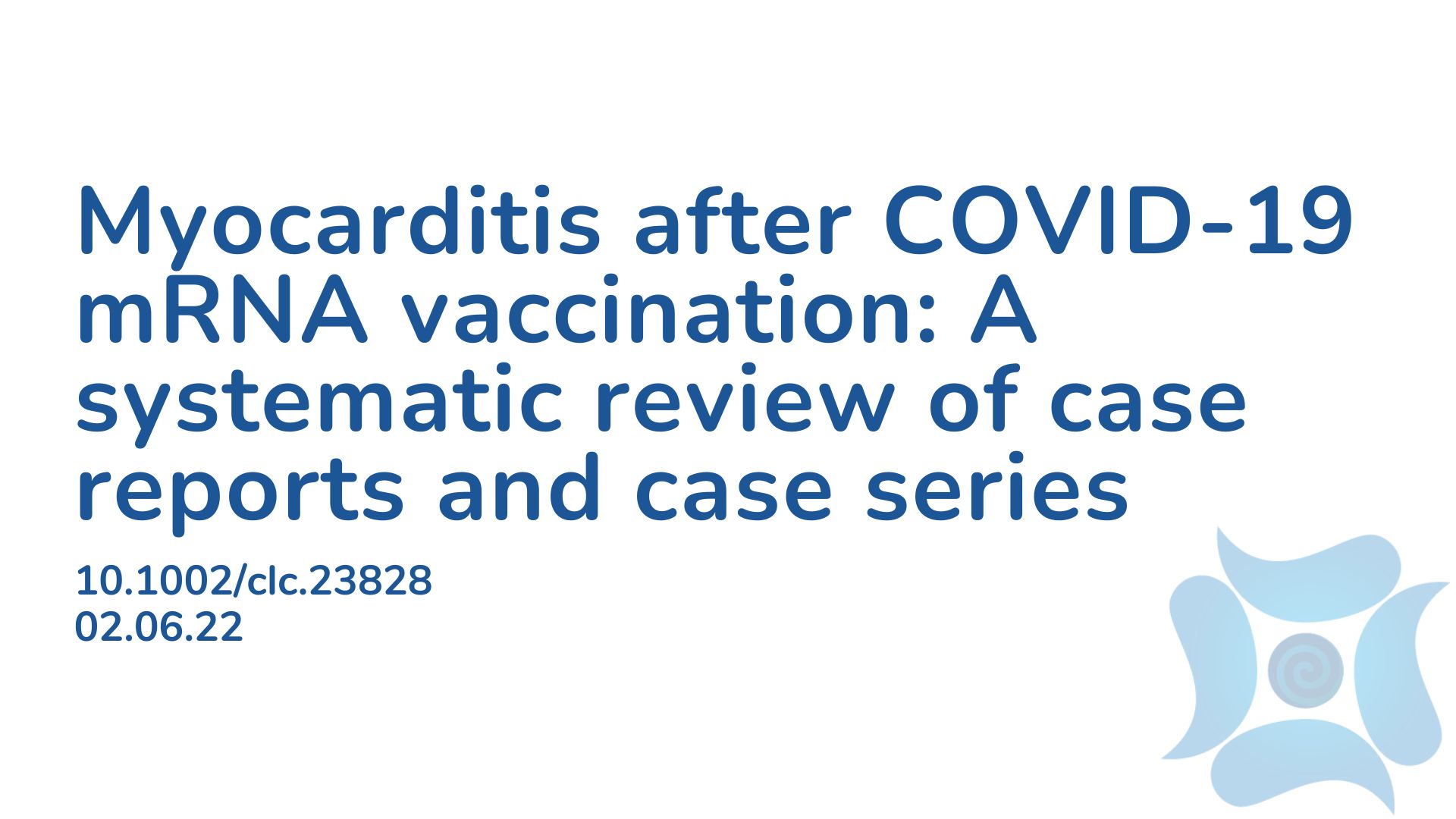
Some studies have reported adverse reactions to the currently available COVID-19 vaccinations, such as fever, fatigue, headaches, anaphylaxis, thrombosis, Guillain–Barre syndrome and myocarditis. The number of cases of of myocarditis in particular has been addressed by the Centers for Disease Control and…

Roughly 3 g/d of Omega-3 fatty acids (docosahexaenoic and eicosapentaenoic acid) appears to be the optimal daily dose to help lower blood pressure (BP), according to a meta-analysis published in the Journal of the American Heart Association.This meta-analysis included randomised controlled trials published…
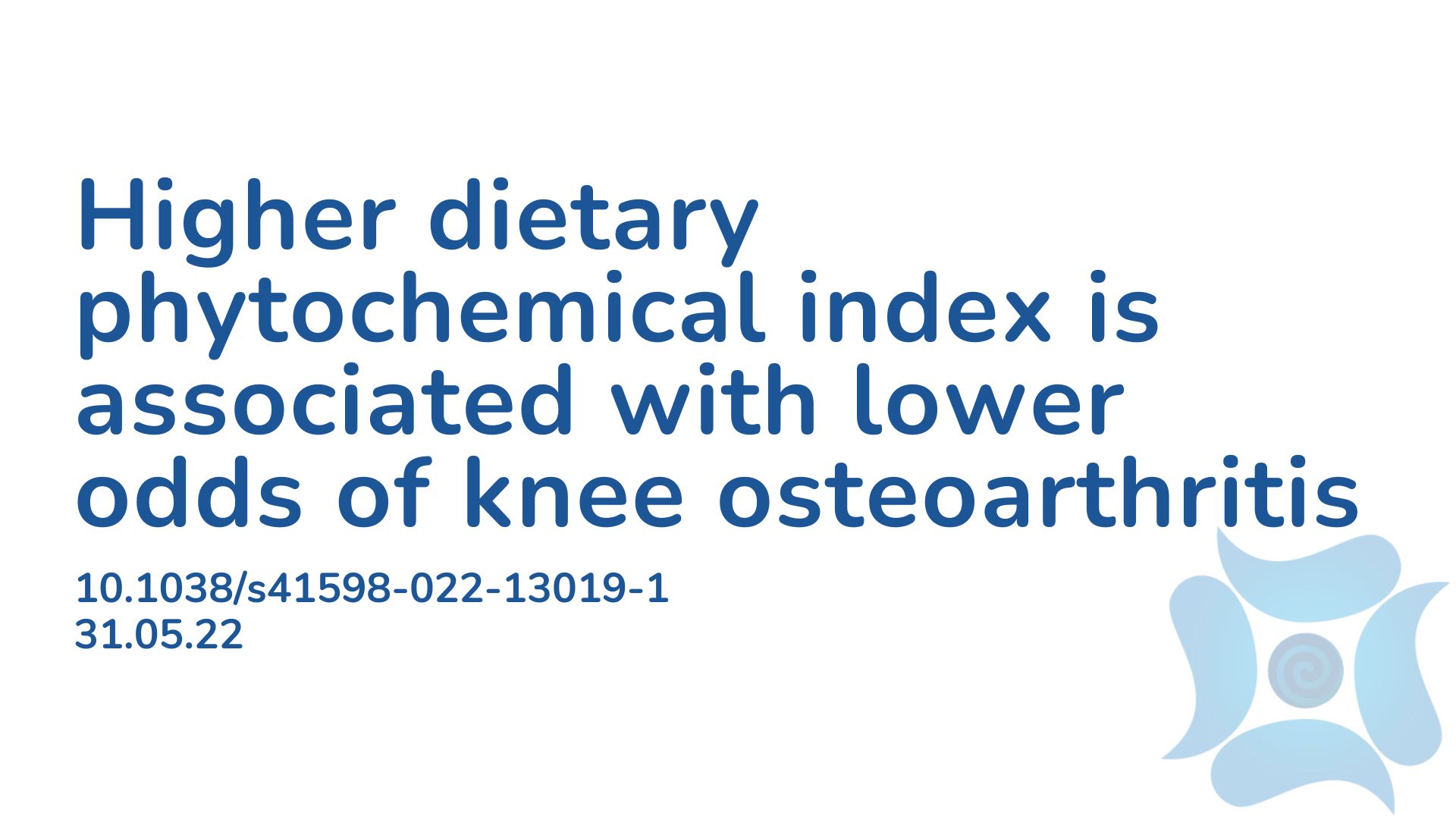
The prevalence of osteoarthritis (OA) has rapidly increased globally and it is now the most common form of arthritis. OA is characterized by degeneration of the joint cartilages and can cause significant pain and disability among those impacted. The knee joint is one of the most common areas impacted by OA, referred to as…
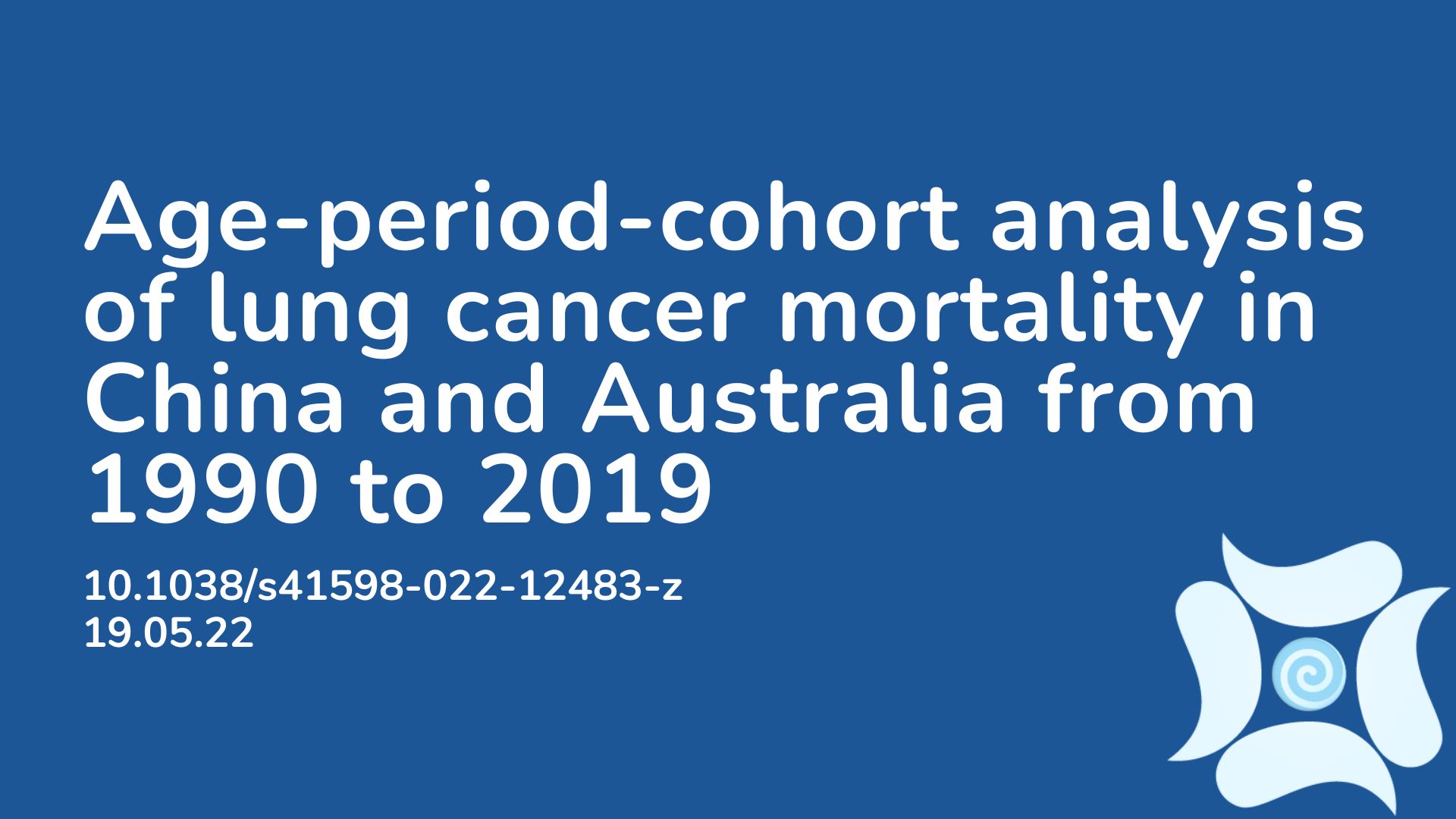
This cohort analysis aimed to look at the trends of lung cancer (LC) mortality in Australia and China, the two largest countries in the Western Pacific Region, by examining LC rates and its relationship to age and time period from 1990 to 2019 in Australia and China. The purpose of this comparative analysis is to understand…